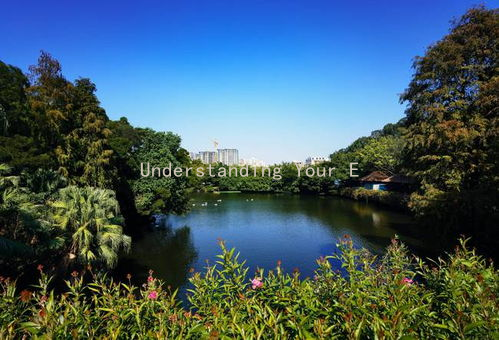Understanding Your Emotional Filters: A Key to Effective Communication in Love
Understanding Your Emotional Filters: A Key to Effective Communication in Love
In the realm of romantic relationships, effective communication often serves as the bedrock for lasting connections. Yet, many couples find themselves caught in a web of misunderstandings and unspoken feelings. One vital aspect that can illuminate these communication barriers is the concept of emotional filters. By understanding our own emotional filters and those of our partners, we can enhance our interactions, foster intimacy, and navigate conflicts more gracefully.
Emotional filters are the subconscious lenses through which we interpret and respond to the world around us. They are shaped by our past experiences, cultural backgrounds, and personal beliefs. Each individual carries a unique set of emotional filters that influence their reactions to various situations, especially in love. Understanding these filters is crucial for clear communication.
Firstly, self-awareness plays a vital role in recognizing one’s emotional filters. For instance, someone who has experienced betrayal in past relationships may approach new romantic encounters with caution and skepticism. This can lead to misinterpretations of a partner’s actions. Instead of seeing a late text as a simple oversight, they might perceive it as a sign of disinterest. By acknowledging these biases, individuals can work towards a more balanced and understanding view of their partners intentions.
Secondly, fostering empathy is key when dealing with a partners emotional filters. It’s essential to strive to understand how their past experiences shape their perceptions. Active listening, where one focuses not just on the words but also on the emotions behind them, can bridge gaps caused by differing emotional filters. By validating your partners feelings, even if they don’t align with your perspective, you create a safe space for honest communication.

Moreover, expressing oneself with clarity can diminish the adverse effects of emotional filters. Using I statements can be an effective technique. Rather than saying, You never listen to me, try rephrasing it to I feel unheard when our conversations become one-sided. This approach minimizes defensiveness and opens the door for constructive dialogue. When each partner feels comfortable expressing their needs and concerns, the chances of miscommunication decrease significantly.
It is also crucial to recognize that emotional filters are not inherently negative; they can provide insight into our emotional needs and desires. For example, someone who values quality time may interpret their partners busy schedule as neglect. By communicating this need openly, partners can find solutions that honor each other’s emotional filters. They can design shared activities that strengthen their bond while respecting individual commitments.
Lastly, an essential element in overcoming the challenges posed by emotional filters is continuous learning. Relationships evolve, and so do the emotional filters we carry. Regularly checking in with each other about feelings, expectations, and boundaries cultivates an environment of transparency. This ongoing dialogue allows partners to adjust their perceptions according to the present context rather than relying on outdated assumptions.
In conclusion, understanding emotional filters can significantly enhance communication in romantic relationships. By striving for self-awareness, practicing empathy, using clear language, recognizing the positive aspects of filters, and committing to continuous learning, couples can create a more harmonious and fulfilling connection. Love flourishes in an atmosphere of understanding, and mastering the art of communication is one of the most effective ways to nurture that love.





